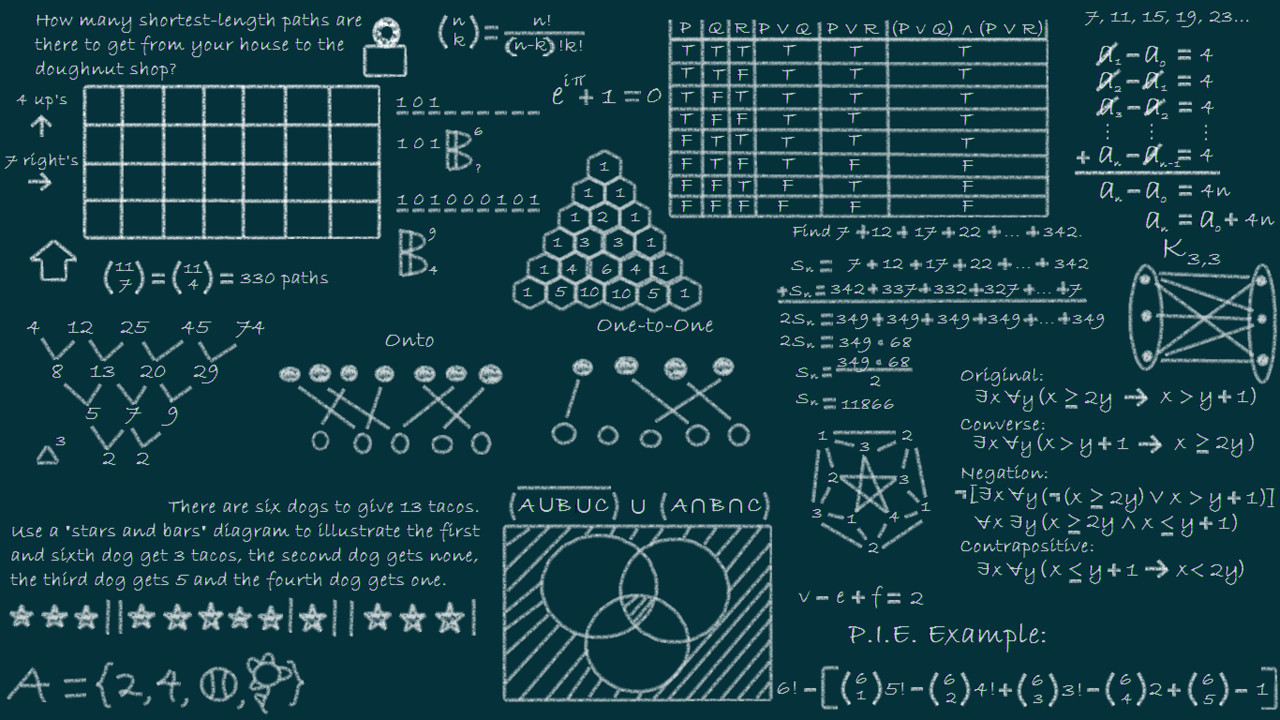Insertion Sort Algorithm: A Step-by-Step Guide

Categories:
3 minute read
Insertion sort is a simple sorting algorithm that works by repeatedly inserting an element into its correct position in an already sorted array. It’s efficient for small datasets and can be a good choice when the array is nearly sorted.
How Insertion Sort Works
Start with the second element: The first element is considered sorted.
Compare and insert: Pick the next element and compare it with the elements in the sorted part of the array.
Shift elements: If the current element is smaller than the compared element, shift the compared element and all elements after it one position to the right.
Insert: Insert the current element into the empty position.
Repeat: Repeat steps 2-4 for all remaining elements in the array. Visual Example
Let’s sort the array [5, 2, 4, 6, 1, 3] using insertion sort:
Step 1: The first element (5) is considered sorted.
Step 2: Compare 2 with 5. 2 is smaller, so shift 5 to the right and insert 2 in its place.
Array:
[2, 5, 4, 6, 1, 3]Step 3: Compare 4 with 5. 4 is smaller, so shift 5 to the right and insert 4 in its place.Array:
[2, 4, 5, 6, 1, 3]Step 4: Compare 6 with 5. 6 is larger, so it remains in its position.Array:
[2, 4, 5, 6, 1, 3]Step 5: Compare 1 with 5. 1 is smaller, so shift 5, 6, and 3 to the right and insert 1 in its place.Array:
[1, 2, 4, 5, 6, 3]Step 6: Compare 3 with 5. 3 is smaller, so shift 5 and 6 to the right and insert 3 in its place.Array:
[1, 2, 3, 4, 5, 6]The array is now sorted.
Code Implementation (Python)
def insertion_sort(arr):
n = len(arr)
# Traverse through 1 to n
for i in range(1, n):
key = arr[i]
# Move elements of arr[0..i-1], that are
# greater than key, to one position ahead
# of their current position
j = i-1
while j >= 0 and key < arr[j]:
arr[j+1] = arr[j]
j -= 1
arr[j+1] = key
# Driver code to test above
arr = [5, 2, 4, 6, 1, 3]
insertion_sort(arr)
print("Sorted array is:")
for i in range(len(arr)):
print(arr[i], end=" ")
```
**Time Complexity**
* **Best case:** The array is already sorted. The time complexity is O(n).
* **Average case:** The time complexity is O(n^2).
* **Worst case:** The array is sorted in reverse order. The time complexity is O(n^2).
**Space Complexity**
The space complexity of insertion sort is O(1) as it only requires a constant amount of extra space.
**Advantages of Insertion Sort**
* **Simple to implement:** Insertion sort is easy to understand and code.
* **Efficient for small datasets:** It's a good choice for small arrays.
* **Online algorithm:** It can process elements one at a time as they arrive.
* **Stable:** It preserves the relative order of elements with equal keys.
**Disadvantages of Insertion Sort**
* **Inefficient for large datasets:** It's not suitable for large arrays due to its quadratic time complexity.
* **Slow for nearly sorted arrays:** While it's efficient for sorted arrays, it can be slow for nearly sorted arrays.
**Conclusion**
Insertion sort is a basic sorting algorithm that's suitable for small datasets and simple applications. However, for larger datasets, more efficient algorithms like quicksort or merge sort are preferred. Understanding insertion sort is a good starting point for learning more complex sorting algorithms.
Feedback
Was this page helpful?
Glad to hear it! Please tell us how we can improve.
Sorry to hear that. Please tell us how we can improve.